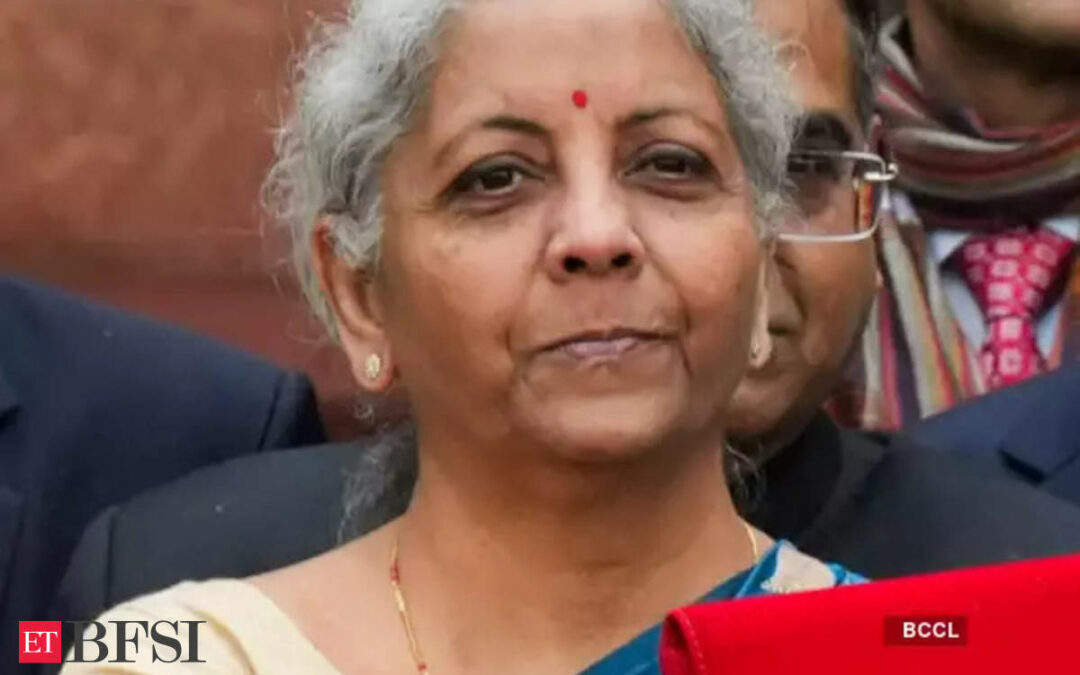In the upcoming Budget, the central government may largely retain its tax and non-debt capital receipt (including disinvestment) projections as presented during the Interim Budget in February 2024.
“If so, a transfer of Rs 2.11 lakh crore by the RBI implies excess receipts of about Rs 1.5 lakh crore in FY25. A large part of these additional receipts, we believe, would be spent under various heads, while a small portion could be used to reduce the fiscal deficit,” Motilal Oswal Financial Services said in a report.
The government may utiilise Rs 30,000-40,000 crore could be utilized to reduce the fiscal deficit to 5% of GDP, from the 5.1% of GDP announced in the Interim Budget.
More capex loans likely
One of the ways to spend additional resources could be to provide more capex-related loans to states, which would also make the Centre’s total capital spending (including loans & advances) look better. The central government budgeted Rs 1.4 lakh crore to states and UTs as loans & advances in FY25 in the Interim Budget, which could be increased by Rs 30,000-40,000 crore.
Similarly, if the government decides to revise the installments under PM-KISAN by 50% to Rs 9,000 per annum, it would entail a cost of another Rs 30,000 crore to the exchequer.
The remaining Rs 50,000 crore could be used by the Union Government to provide some more incentives to the taxpayers to shift to the new tax regime and to expand on housing schemes or various other schemes.
“Overall, we do not expect the government to divert from its fiscal deficit consolidation path while improving the quality of fiscal spending. It is, however, very likely that fiscal spending could be increased (versus February 2024 Budget), due to higher receipts led by the RBI dividend,” MOFSL said.
State polls impact
The brokerage house sees low probability of upcoming state assembly elections in Maharashtra, Haryana and Jharkhand influence the upcoming Budget allocations. “First, it is now amply clear that the voting patterns in state and general elections tend to be very different. Second, while the supporters of a rural economy package point to the poor performance of the BJP in Uttar Pradesh and Maharashtra, it does not gel with its exceptional win in Bihar and Madhya Pradesh. Third, it is highly unlikely that tax incentives for the middle-class and poor Indians would be seen by voters in the election-bound states as exclusive policies for them,” MOFSL said.
It said coalition politics, however, could make it more challenging to pass legislation on the more ambitious parts of the government reform agenda in areas like agriculture, land, labour and judicial, which are usually out of Budgets.











